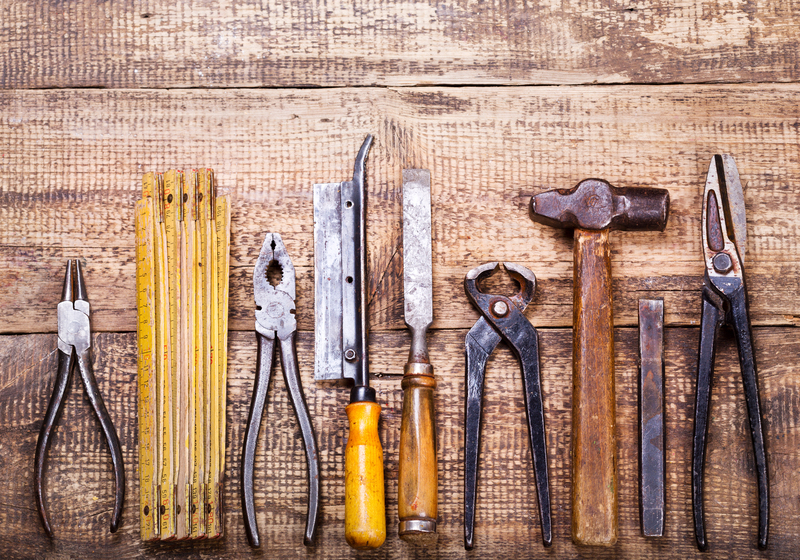Hard Rubbish Disposal: A Step-by-Step Approach
In the hustle and bustle of daily life, one may overlook the growing pile of unused items cluttering their living space. When this clutter reaches an unmanageable level, it is time to consider hard rubbish disposal. With the right approach, this daunting task can transform into a straightforward process. This article offers a detailed, step-by-step guide to effectively manage and remove hard rubbish, ensuring a cleaner and more organized environment.
Understanding Hard Rubbish
Before diving into the intricacies of disposal, it is essential to understand what hard rubbish entails. Hard rubbish refers to large, bulky waste items that do not fit in standard garbage bins. These items often include old furniture, broken appliances, worn-out mattresses, and other bulky waste. Unlike regular waste, which is disposed of weekly, hard rubbish requires special disposal methods.
Why Proper Disposal is Important
The proper disposal of hard waste is important for various reasons. It is not only about maintaining cleanliness but also about sustaining the environment. Improper disposal can lead to numerous problems including:
- Environmental Damage: Non-degradable items can cause significant harm to ecosystems.
- Health Hazards: Accumulated waste can become a breeding ground for pests and bacteria.
- Legal Implications: Disposing of hard waste in unauthorized areas can incur fines.

Step-by-Step Guide to Hard Rubbish Disposal
Effective management of hard rubbish requires a structured approach. Below is a concise step-by-step guide to making the disposal process hassle-free.
Step 1: Assessment and Segregation
Begin by assessing all the items considered for disposal. Segregate them into categories based on type and material, such as:
- *Furniture*
- Appliances
- Metal Items
- Electronic Waste (e-waste)
Sorting items makes the subsequent steps efficient and ensures that any recyclable material is correctly identified.
Step 2: Research Local Disposal Guidelines
Different localities have specific regulations regarding hard waste disposal. Research your community's guidelines to understand the available options such as:
- Local Council Pickup: Many councils offer free scheduled collections of hard rubbish a limited number of times a year.
- Transfer Stations: Facilities where individuals can drop off hard waste for a fee.
- Private Collection Services: Several businesses specialize in collecting and disposing of hard rubbish.
Step 3: Schedule a Pick-up or Drop-off
Once you know the disposal options, schedule a pick-up or prepare for a drop-off. Ensure you adhere to the guidelines, such as correctly placing items on the curb if utilizing council services.
Tip: Ensure items intended for collection are clearly visible and accessible to collectors.
Step 4: Recycling and Donation
Before disposing of items, consider recycling or donating items in usable condition to local charities or second-hand stores. Not only does this reduce waste, but it also benefits those in need.
Step 5: Professional Disposal Services
For those who lack the time or means to handle the disposal themselves, professional hard rubbish removal services are a viable option. These services handle heavy lifting and ensure environmentally responsible disposal.

Environmentally Friendly Disposal Methods
An eco-conscious approach to hard rubbish disposal benefits the planet. Some methods to consider include:
- Reuse: Upcycle items or parts of items to create something new and functional.
- Recycle: Engage with recycling centers that specialize in specific materials like metal or glass.
- Compost: Any organic parts of your hard rubbish, such as wood, can sometimes be composted.
Disposing of hard waste responsibly minimizes environmental impact and promotes sustainability.
Conclusion
While hard rubbish disposal might seem like an overwhelming task, a structured approach simplifies the process and ensures it is carried out responsibly. Prioritize the segregation of items, understand local regulations, explore recycling options, and when necessary, opt for professional services. Keeping our environment clean and reducing clutter in our lives not only prevent hazards but also contribute positively to community welfare.
By following these steps to effective hard rubbish removal, you can easily maintain an organized living space while supporting a sustainable future.